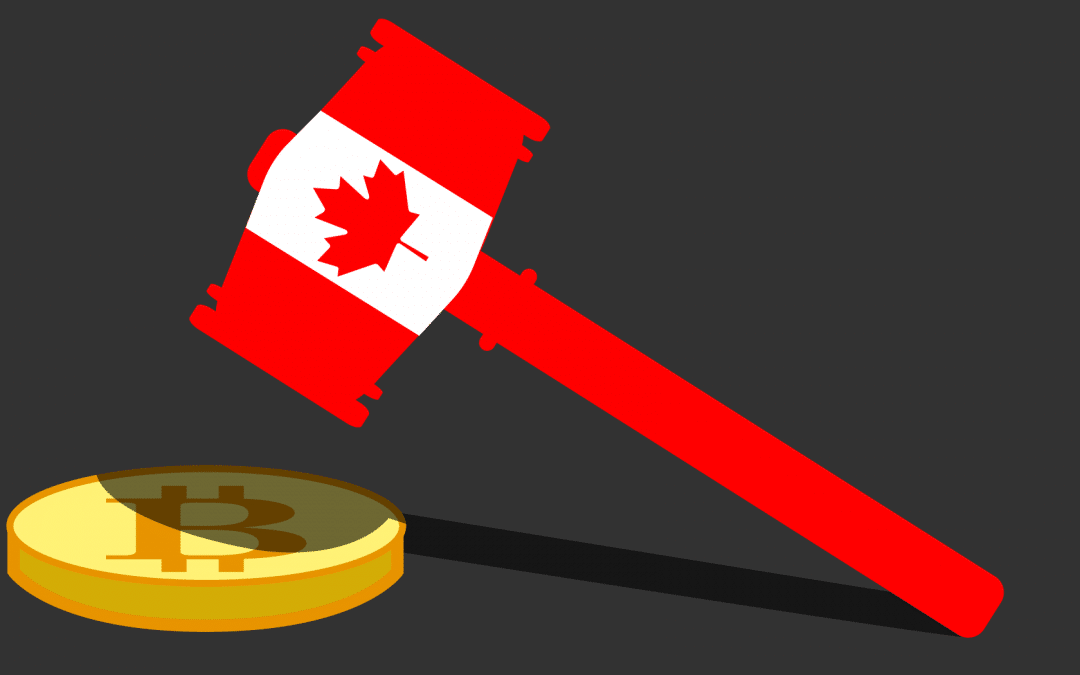Ontario Securities Commission Accuses Coinsquare of Market Manipulation
The Ontario Securities Commission (OSC), Canada’s largest securities regulator, has filed serious accusations against Coinsquare, a cryptocurrency exchange headquartered in Toronto. The OSC alleges that Coinsquare engaged in market manipulation through wash trading and misled its clients about trading volumes. The charges have implicated Coinsquare’s founder, Virgile Rostand, CEO Cole Diamond, and Chief Compliance Officer Felix Maz, in what the regulator describes as a deliberate effort to deceive the market and consumers.
This case underscores the importance of transparency and ethical practices in the cryptocurrency space, which is still evolving and vulnerable to manipulation.
What Is Wash Trading?
Wash trading is a deceptive market manipulation practice where an entity simultaneously buys and sells the same asset, creating artificial trading activity. This gives the false impression of heightened demand, liquidity, or popularity, misleading other market participants.
The OSC’s allegations against Coinsquare indicate that this illicit tactic was not only used but was also deeply embedded in the company’s operations.
Details of the Allegations
1. Extensive Wash Trading Activity
According to the OSC, Coinsquare engaged in wash trading between July 17, 2018, and December 4, 2019. During this period:
- The exchange allegedly conducted around 840,000 wash trades.
- The aggregate value of these trades amounted to approximately 590,000 Bitcoins (BTC).
- These wash trades accounted for over 90% of the trading volume on Coinsquare’s platform.
2. Ignoring Internal Concerns
Despite warnings from internal staff about the ethical and legal ramifications of wash trading, Coinsquare allegedly continued these practices.
3. Misleading the Regulator
The OSC requested information on Coinsquare’s trading activities. Instead of acknowledging irregularities, the company claimed it was implementing measures to prevent market manipulation.
4. Whistleblower Retaliation
The OSC alleges that Coinsquare terminated an employee who acted as an internal whistleblower. This individual had raised concerns about the wash trading practices and their potential implications.
Impact on Market and Clients
Wash trading significantly undermines the integrity of financial markets, particularly in the cryptocurrency sector, which already faces scrutiny for its lack of regulation.
1. Misleading Market Participants
By inflating trading volumes, Coinsquare created a false sense of demand and activity, potentially enticing investors under false pretenses.
2. Undermining Trust
Such practices damage trust in cryptocurrency exchanges and can deter both institutional and retail investors from participating in the digital asset ecosystem.
3. Legal and Regulatory Consequences
Coinsquare’s alleged actions have placed the company at odds with regulatory authorities, potentially leading to severe penalties, reputational damage, and legal liabilities.
Response from Coinsquare
Coinsquare has reportedly claimed that it was taking steps to prevent market manipulation. The OSC, however, found these assertions inconsistent with the company’s actions, as evidenced by the continuation of wash trading during the period under investigation.
The Role of Regulators in Curbing Market Manipulation
The OSC’s actions against Coinsquare highlight the growing focus on enforcing compliance and transparency in the cryptocurrency sector.
1. Strengthening Oversight
As the crypto market evolves, regulators worldwide are introducing measures to prevent fraud and manipulation. Cases like Coinsquare’s illustrate the importance of such efforts in protecting investors.
2. Setting Precedents
This case could serve as a benchmark for how regulators address similar issues in the future, promoting greater accountability among cryptocurrency exchanges.
Broader Implications for the Cryptocurrency Industry
1. The Need for Transparency
Incidents like this emphasize the importance of transparency in maintaining investor confidence. Exchanges must implement robust measures to ensure that trading data reflects genuine market activity.
2. Industry Self-Regulation
Beyond regulatory oversight, the crypto industry must adopt self-regulatory standards to minimize unethical practices and enhance credibility.
3. Impact on Consumer Confidence
Revelations of manipulation can erode consumer trust, slowing the adoption of cryptocurrencies and blockchain technology.
Conclusion
The allegations against Coinsquare represent a critical moment for the cryptocurrency industry, as regulators crack down on unethical practices to promote fairness and transparency. The OSC’s accusations of wash trading and misleading practices highlight the challenges of maintaining trust in a fast-evolving market.
For Coinsquare, the road ahead may involve legal battles, penalties, and efforts to rebuild its reputation. For the broader cryptocurrency ecosystem, this case underscores the urgent need for regulatory compliance and ethical behavior to foster long-term growth and adoption.
To learn more about the innovative startups shaping the future of the crypto industry, explore our article on latest news, where we delve into the most promising ventures and their potential to disrupt traditional industries.
Disclaimer: The information provided is not trading advice, Bitcoinworld.co.in holds no liability for any investments made based on the information provided on this page. We strongly recommend independent research and/or consultation with a qualified professional before making any investment decisions.




